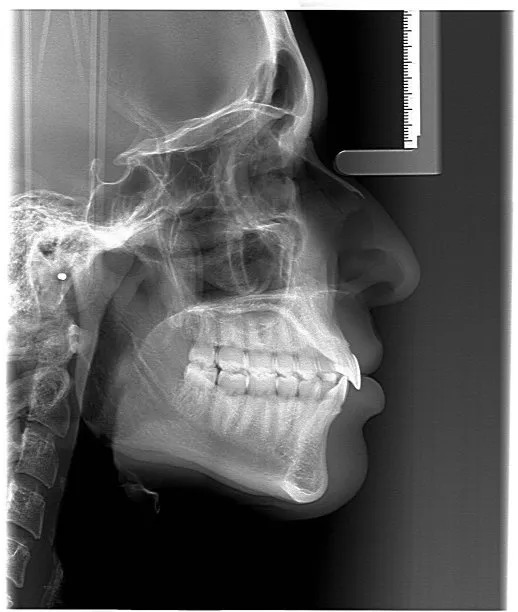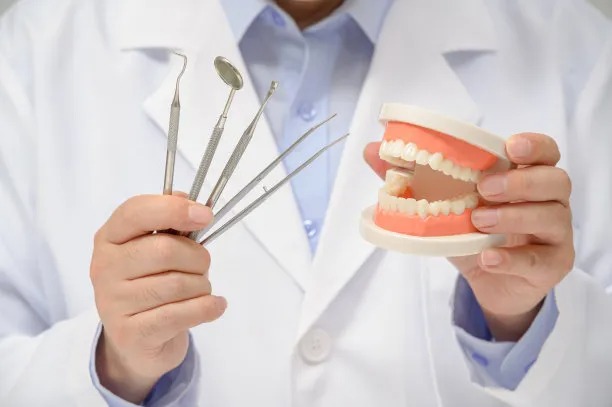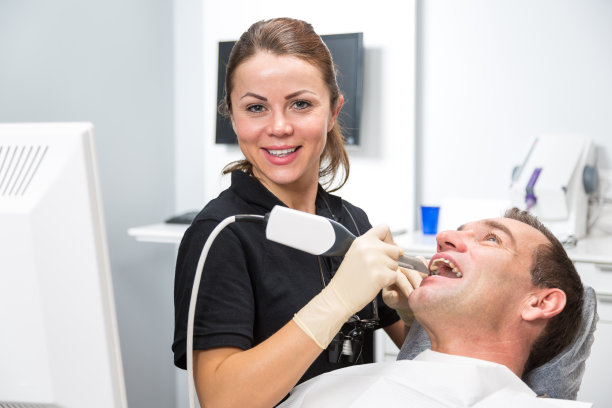Summary: Dental fillings are a common procedure for restoring teeth affected by decay. However, optimal oral health care requires careful preparation and aftercare. This article highlights essential precautions to take before your dental filling appointment, such as maintaining good oral hygiene, discussing medication and allergies with your dentist, and planning for post-treatment recovery. After the appointment, it emphasizes the importance of following dietary recommendations, monitoring for unusual symptoms, and maintaining regular dental check-ups. By adhering to these precautions, you can ensure a smoother dental experience and maintain your overall oral health.
1. Importance of Good Oral Hygiene Practices

Before attending your dental filling appointment, it’s crucial to maintain excellent oral hygiene. Brushing your teeth at least twice a day and flossing daily can help eliminate bacteria and food particles. This practice not only contributes to overall oral health but also helps in preparing your teeth for the filling procedure.
Additionally, using an antibacterial mouthwash can significantly reduce the presence of harmful bacteria in your mouth. This not only ensures a cleaner environment for the dentist to work in but may also decrease the risk of post-treatment infections. Therefore, incorporating proper oral hygiene protocols in the days leading up to your appointment is essential.
Lastly, consider scheduling a professional dental cleaning a few weeks before your filling appointment. This proactive step can help remove plaque and tartar buildup, enabling a more effective filling process. The cleaner your mouth is, the fewer complications you are likely to encounter.
2. Discussing Medical History with Your Dentist
Prior to your appointment, it is imperative to disclose your complete medical history to your dentist. Inform them of any medications you are currently taking, as some might interact negatively during the procedure. For example, blood thinners can complicate the anesthesia process.
If you have any known allergies, especially to dental materials or anesthetics, make sure to communicate this with your dental professional. Understanding your medical background allows your dentist to tailor the treatment plan specifically to your needs, minimizing risks and enhancing the overall experience.
Moreover, if you have a history of anxiety related to dental procedures, sharing this information can lead to strategies that might help you feel more comfortable. Many dentists will provide sedation options to help ease your nerves, so don’t hesitate to talk about your concerns.
3. Dietary Recommendations After the Procedure
After receiving your dental filling, it is important to manage your diet thoughtfully. In the first few hours following the procedure, it is advisable to avoid consuming hot or cold foods and beverages. This precaution helps in preventing discomfort as the anesthesia wears off.
Sticking to soft foods for the initial 24 hours can also aid in recovery. Foods such as yogurt, applesauce, and smoothies are gentle on your newly filled teeth and prevent unnecessary strain. Avoid hard, crunchy, or sticky foods until your dentist confirms that it’s safe to consume them, ensuring the integrity of the filling.
Hydration remains crucial during your recovery phase, so aim to drink plenty of water. However, try to refrain from consuming acidic or sugary drinks that may irritate your filling or the surrounding gums. Eating a balanced diet will support your oral health while promoting healing.
4. Monitoring for Post-Treatment Symptoms
Post-treatment monitoring plays a vital role in ensuring long-term success after dental fillings. After your appointment, it’s important to keep an eye out for any unusual symptoms such as excessive pain, swelling, or changes in sensitivity. If you notice these issues, reach out to your dentist without delay.
Your regular dental check-ups are also an important aspect of maintaining oral health after receiving a filling. These appointments can help monitor the condition of the filling and the health of surrounding teeth. It is generally recommended to have a dental examination every six months.
Finally, maintaining good oral hygiene practices post-treatment is essential. Continue to brush and floss regularly, and avoid neglecting any signs that might indicate potential issues beneath the filling. This proactive approach ensures the longevity of your filling and contributes to overall dental wellness.
Summary:
In summary, taking essential precautions before and after your dental filling appointment can significantly enhance your oral health care. From maintaining good oral hygiene to discussing your medical history, your role in preparation is vital. Post-procedure, adhering to dietary guidelines and monitoring for symptoms can help maintain the integrity of your filling and promote healing. Engaging actively in your dental care plays a prominent role in achieving the best outcomes.
This article is compiled by Vickong Dental and the content is for reference only.
Vickong Dental
Vickong Dental is a large medical group established in Hong Kong in 2008 by professors from well-known medical universities in Guangdong and Hong Kong, as well as medical doctors from key national '985' universities (including Master's supervisors and senior professors). The chain of branches brings together expert dentists with PhDs and Master's degrees from Hong Kong and Mainland China, committed to providing high-quality dental treatment.
"Vickong Dental Practices the University Motto of 'Healing and Serving Society,' with a Stable Operation for Sixteen Years. It Has Been honored with Hong Kong Enterprise Leaders's Choice,' and is a Global Trusted Implant Center for the Nobel Implant System. Recommended by Hong Kong Metro Broadcast and Guangdong Television, it Serves Customers from Over Thirty Countries and Regions, Gaining the Trust and Favor of Citizens from the Guangdong-Hong Kong-Macau Greater Bay Area and Surrounding Cities.

Thousands of customers' unanimous praise
The most recognized and highly recommended dental service by customers in the Guangdong-Hong Kong-Macau Greater Bay Area
We Ensure You Receive Detailed Care and Attention Here
Hong Kong standards, Shenzhen prices, Your Trusted English-speaking dentists

Vickong Dental Medical-Grade Instrument Disinfection Process
Vickong Dental Medical-Grade Instrument Disinfection Process

Vickong Dental Chain: A Warm and Comfortable Environment for Treatment






Appointment Hours

Q&A
Why choose Vickong Dental?
Vickong Dental practices the university motto 「Medicine to Benefit Society」, with each branch bringing together highly qualified dentists with doctoral and master’s degrees from Hong Kong and the Mainland, and has maintained seventeen years of steady operation。Recipient of 「2024 Hong Kong Enterprise Leaders Brand」, 「2025 Hong Kong Enterprise Leaders Brand」, a Nobel Biocare Global Trusted Implant Center, and a brand recommended by Metro Radio Hong Kong and Guangdong TV。
To date, we have served customers from more than thirty countries and regions,earning exceptionally high word-of-mouth recognition and trusted recommendations from residents across the Guangdong-Hong Kong-Macao Greater Bay Area and surrounding cities
We have eight major branches in Zhuhai、Shenzhen,and a consultation and service assurance center in Hong Kong,so you can book a free consultation at any time for any questions,which is very reassuring.
If I do not accept the quotation after the CT scan, will I be charged??
No! As long as the actual treatment has not started, you will not be charged any fees.
Will there be any additional charges during the treatment process?
No, there won’t be any additional charges. Before treatment begins, we will clearly explain the treatment plan and its corresponding fees. Only after the patient agrees and signs the consent form will we proceed with the dental service.
Can I pay in Hong Kong dollars?
Yes. Vickong Dental accepts payment in Hong Kong dollars. The amount will be converted based on the exchange rate of the day, and the applicable rate will be clearly communicated to you in advance.
Can I reschedule my appointment at any time?
Yes. Please contact us via **WeChat** or **WhatsApp** as early as possible, providing your original appointment time and details, along with your preferred new date and time slot for rescheduling.













